
The battle between the Federal Trade Commission and Amazon has captured national attention as the long-awaited trial begins in Seattle. The FTC alleges Amazon tricked millions into Prime subscriptions and made canceling extremely difficult.
According to CNN, jury selection started this week, setting the stage for a case that could reshape how tech giants handle subscriptions. “This isn’t just about Amazon—it’s about the future of online commerce,” says Lina Khan, FTC Chair.
Stakes Are High
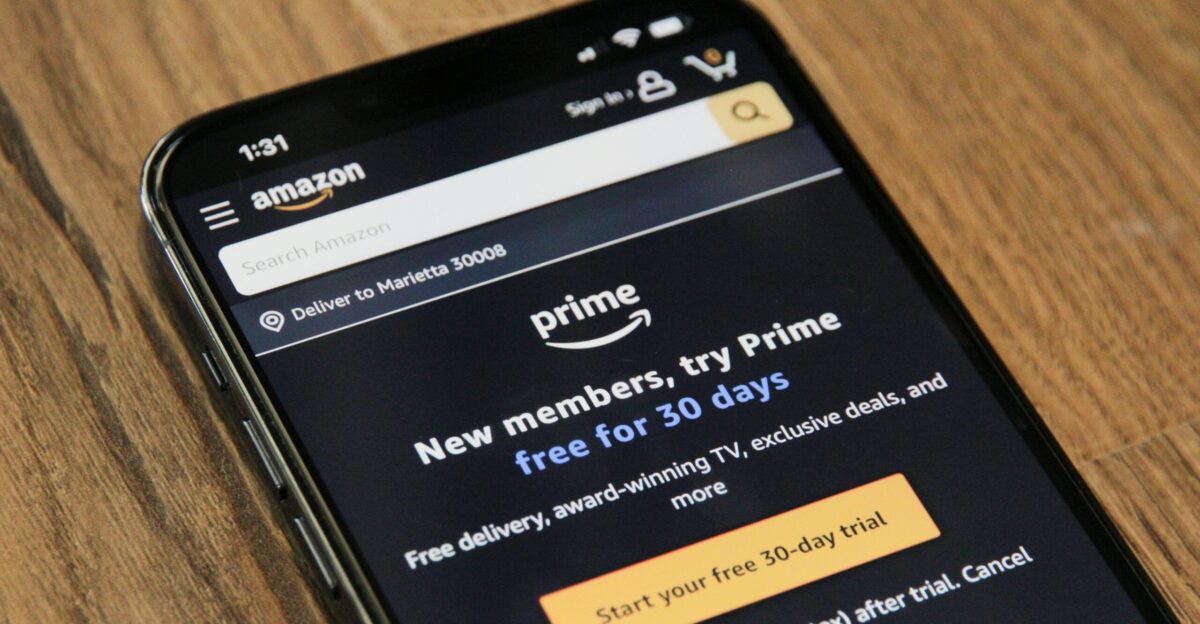
With over $44 billion in annual Prime revenue, Amazon stands to lose more than just its reputation if judges rule against it.
The FTC’s case not only challenges the company’s fees, but questions the industry’s reliance on recurring charges.
According to Reuters, consumer watchdogs believe up to 40 million customers could be affected by manipulative tactics that lock them into ongoing payments.
Prime’s Evolution
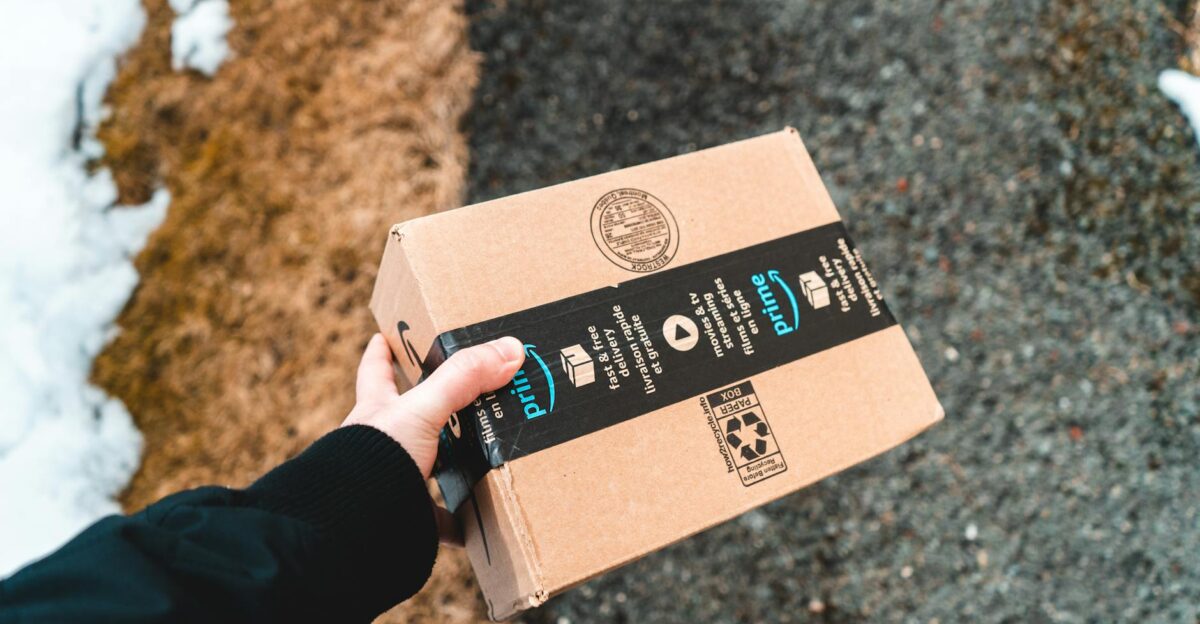
Since launching in 2005, Prime has grown into Amazon’s centerpiece, offering fast shipping, movies, and more.
Today, almost 200 million people worldwide subscribe to Prime, CNN notes, with Americans representing the largest share.
Amazon’s rapid expansion set new industry standards, but the service’s growth has also brought fresh regulatory scrutiny.
Mounting Consumer Complaints
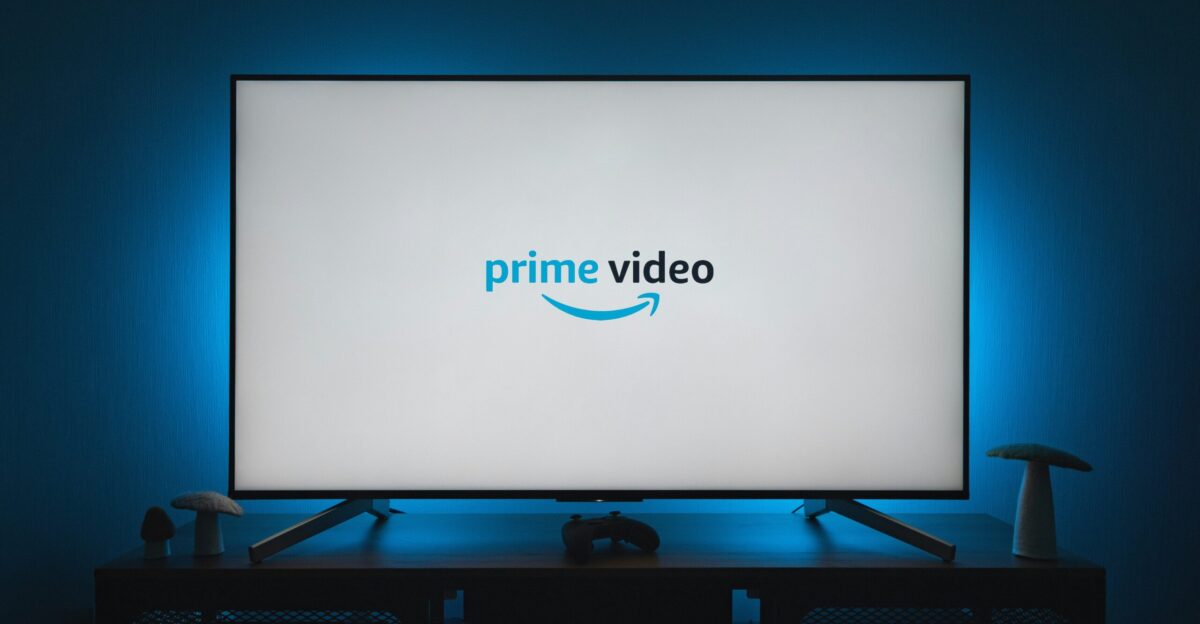
Complaints about Prime’s sign-up and cancellation processes have surged. According to NPR, consumer watchdogs say complicated cancellation paths and persistent offers keep users trapped.
Advocacy group Public Citizen added, “Prime isn’t just hard to leave—it’s designed that way.” More voices joined the chorus as tech reliance increased nationwide.
The Lawsuit

On June 21, 2023, the FTC filed a landmark case alleging Amazon employed “dark patterns” to sign up millions without meaningful consent.
According to the New York Times, the trial is set to determine if Prime’s structure violated federal law. “Companies must not block customers from making informed decisions,” FTC’s Jeanine Santucci told reporters.
Tens of Millions Impacted

Evidence shows Amazon’s practices allegedly impacted tens of millions—possibly up to 40 million—Prime users.
NPR reports many subscribers didn’t realize they’d signed up, with fees accumulating unnoticed. Industry analysts say this may be one of the biggest consumer protection cases since the Equifax breach.
“Labyrinthine” Cancellation Process
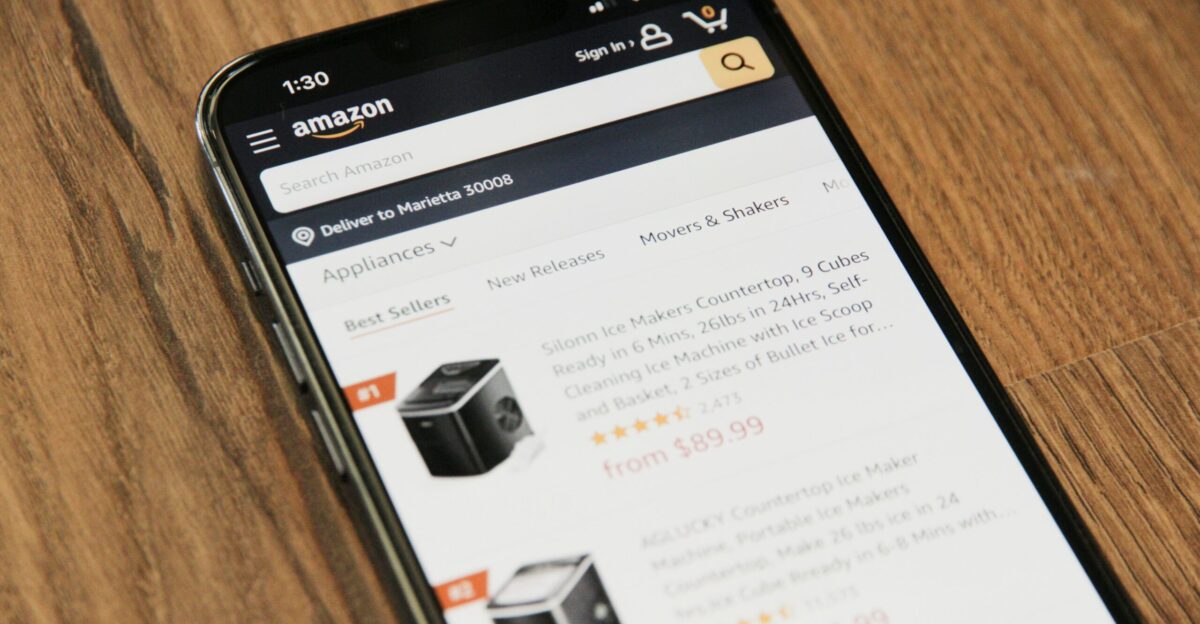
FTC Chair Lina Khan described Amazon’s cancellation process as “labyrinthine,” referencing the complex, multi-step system users had to navigate.
The New York Times explains internal Amazon documents even called it the “Iliad flow,” likening canceling Prime to an epic journey. Amazon’s system sparked widespread frustration among subscribers.
Competitors Take Note
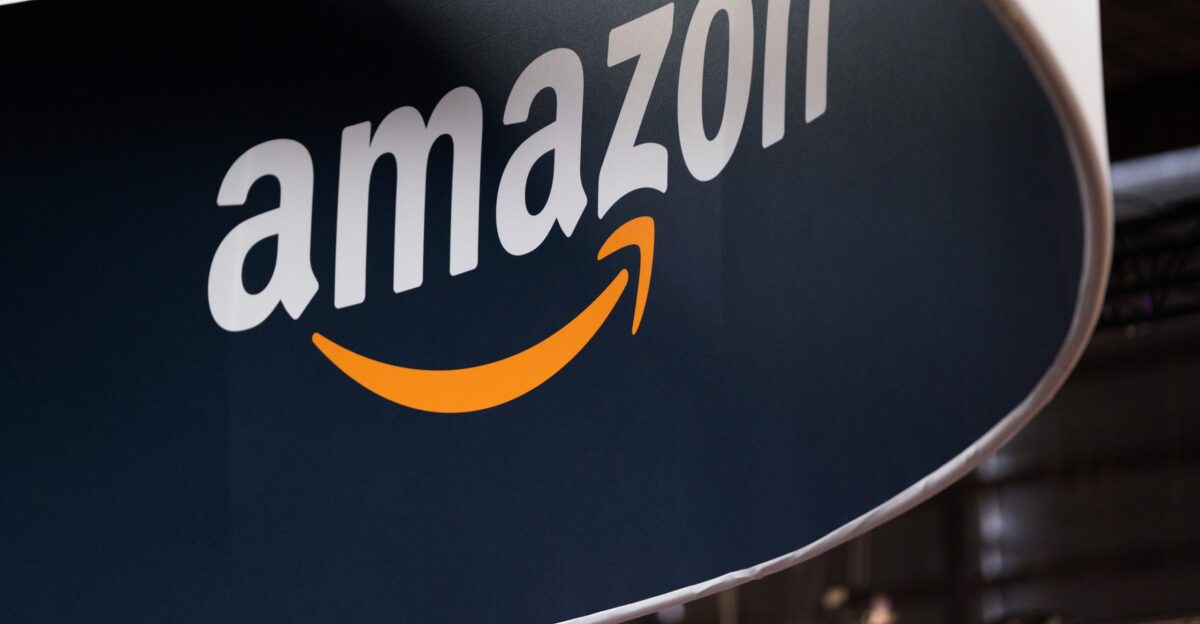
Walmart+ and Costco have paid close attention as regulatory pressure mounts on Amazon. According to CNBC, other subscription services face looming changes in how they present sign-up and cancellation terms. “This trial is a wake-up call for the entire industry,” says retail analyst Kavita Patel.
The Global Conversation

Regulatory scrutiny has spread beyond America, as agencies in Europe and Canada investigate similar subscription practices.
NPR reports that tech policy experts believe the FTC’s campaign could establish new international standards by targeting “dark patterns” across platforms.
Internal Red Flags
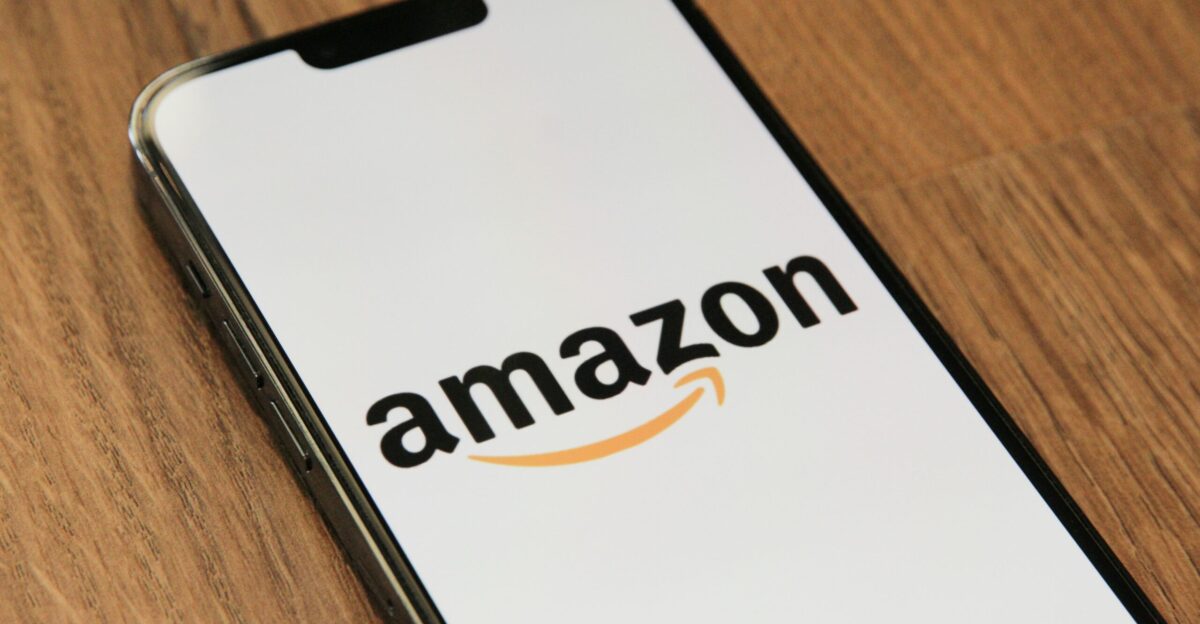
Court documents revealed Amazon flagged problems with Prime’s sign-up and cancellation flows years before regulators stepped in.
The New York Times reports the company hesitated to fix these issues, fearing it would hurt revenue. Internal company debates reflected the tension between user experience improvements and maintaining revenue growth.
Employee Frustration
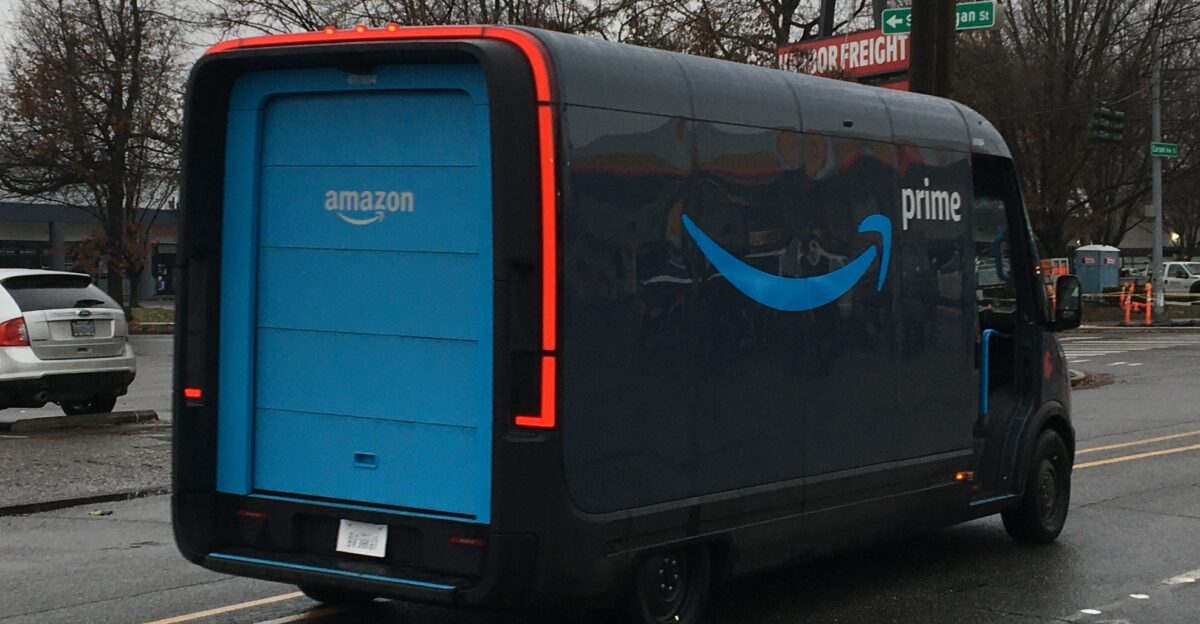
Insiders told the Washington Post that Amazon product teams struggled to balance user experience with aggressive revenue targets.
“We wanted simpler flows, but leadership prioritized keeping subscribers,” said one anonymous staffer. This internal conflict played a role in how Prime’s design evolved.
Leadership Responds
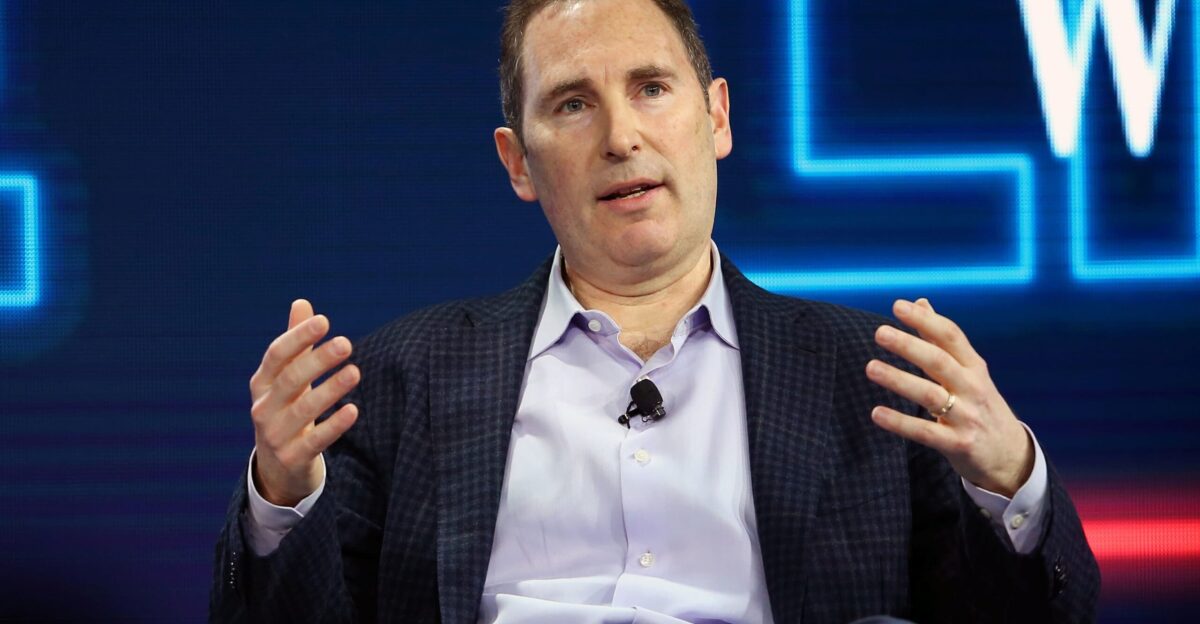
Facing trial, Amazon executives promised to make cancellations easier. In a public statement, CEO Andy Jassy said, “We’re committed to customer transparency and fairness.”
Bloomberg notes revised cancellation options have been tested in select markets, as Amazon contests the FTC’s case.
Strategic Shift
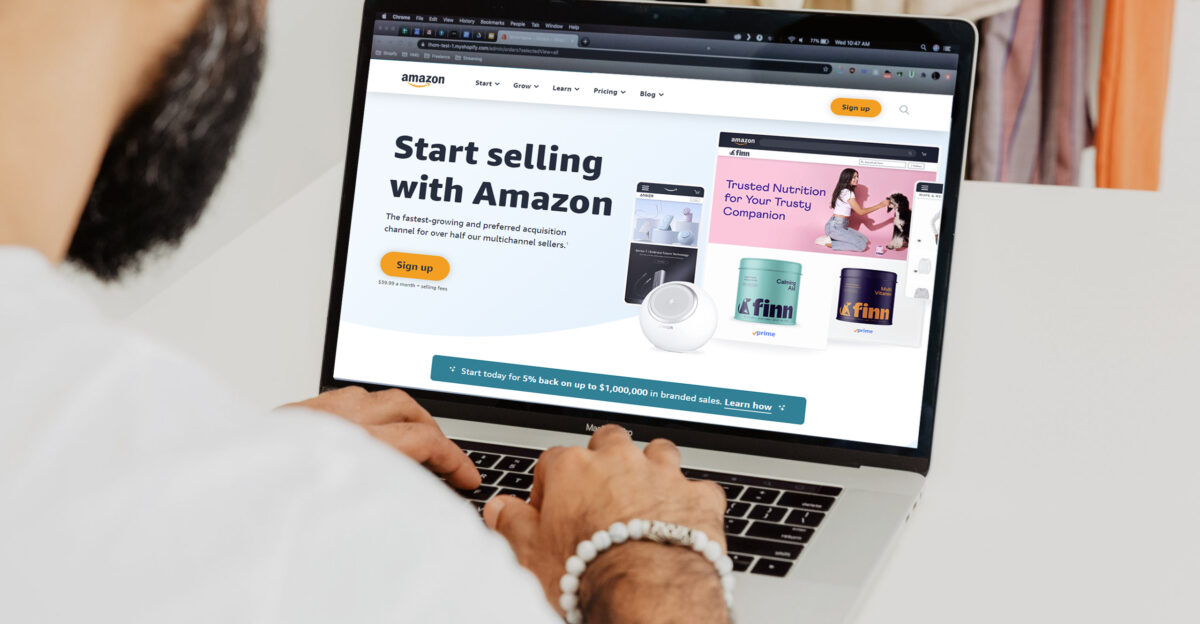
Amazon is now updating its membership interface and notification system to address regulatory requirements and minimize future litigation risk.
According to CNBC, some analysts expect more changes ahead if the trial goes against Amazon. “The stakes here are historic,” says tech policy leader Bryant Walker Smith.
Expert Outlook
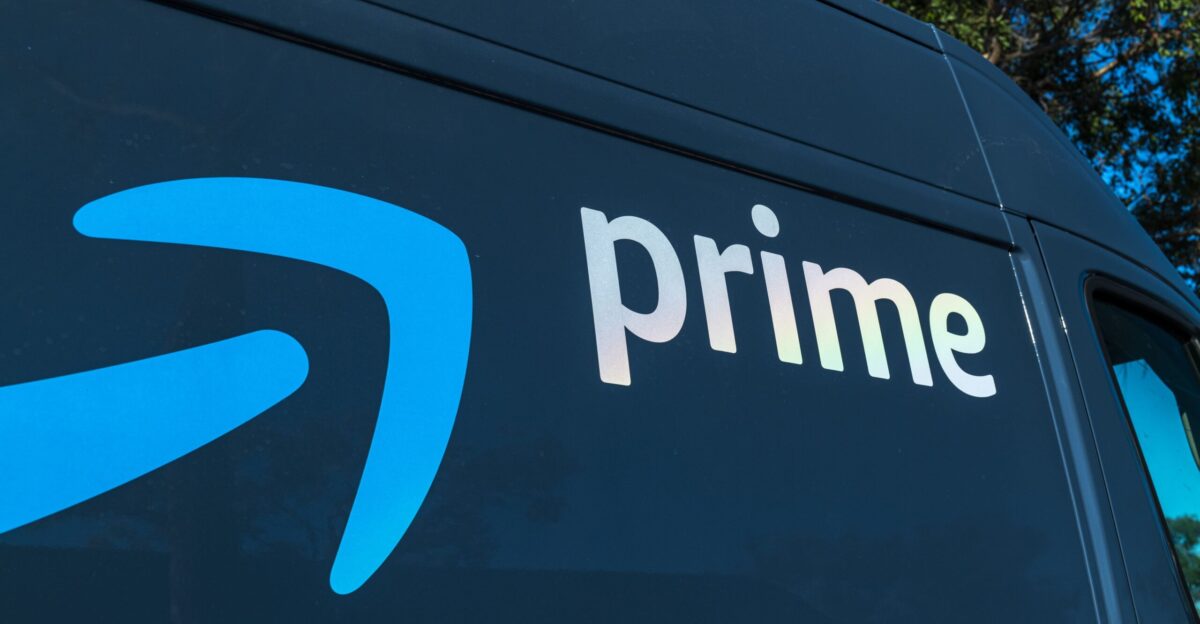
Legal experts question whether interface tweaks alone will solve the underlying issues.
Critics maintain that deeper reform is needed to rebuild consumer trust, with many arguing that user empowerment must go beyond surface-level changes.
Forward-Looking Implications
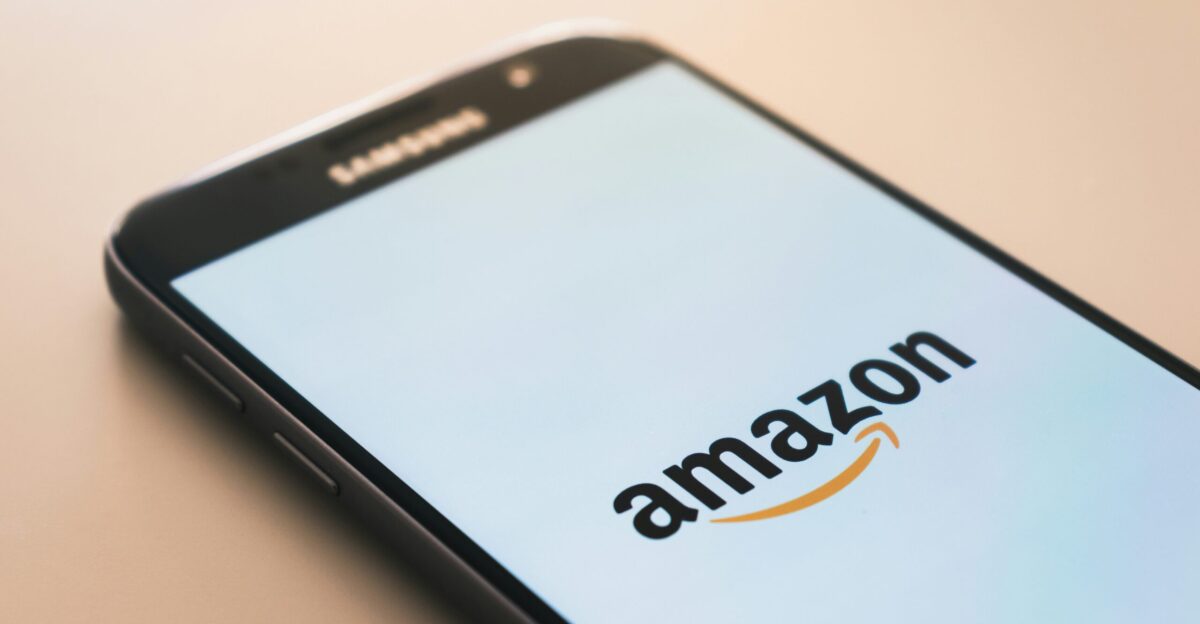
With the trial underway, the next steps could include changes in Prime’s fee disclosures and more flexible subscription management.
CNN reports that, regardless of the outcome, policymakers are preparing proposals to prevent future confusion in digital contracts.
New Rules
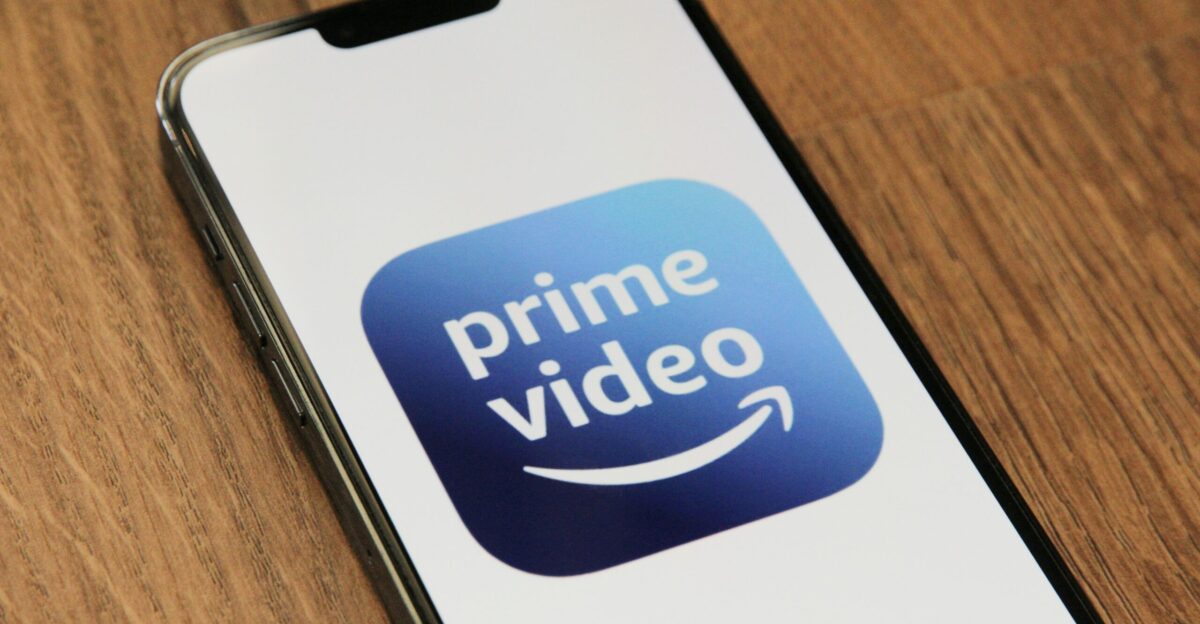
Lawmakers in Congress have weighed in, supporting tougher standards for digital subscriptions. NPR describes bipartisan calls for rules that require clearer consent and easier termination. “Consumers deserve straightforward options,” said Senator Elizabeth Warren in a hearing last week.
International Ripple Effects

Canadian and European regulators are coordinating with the FTC to probe online sellers’ practices. BBC reports that if Amazon loses, cross-border cases may arise, pushing global companies toward unified consumer protection standards.
Legal Landscape Shift

The Amazon case is part of a bigger wave of antitrust and consumer law actions targeting tech giants. The Wall Street Journal observes that Google, Apple, and Meta each face lawsuits or reviews, signaling a new era of digital business oversight.
Generational Culture Shift
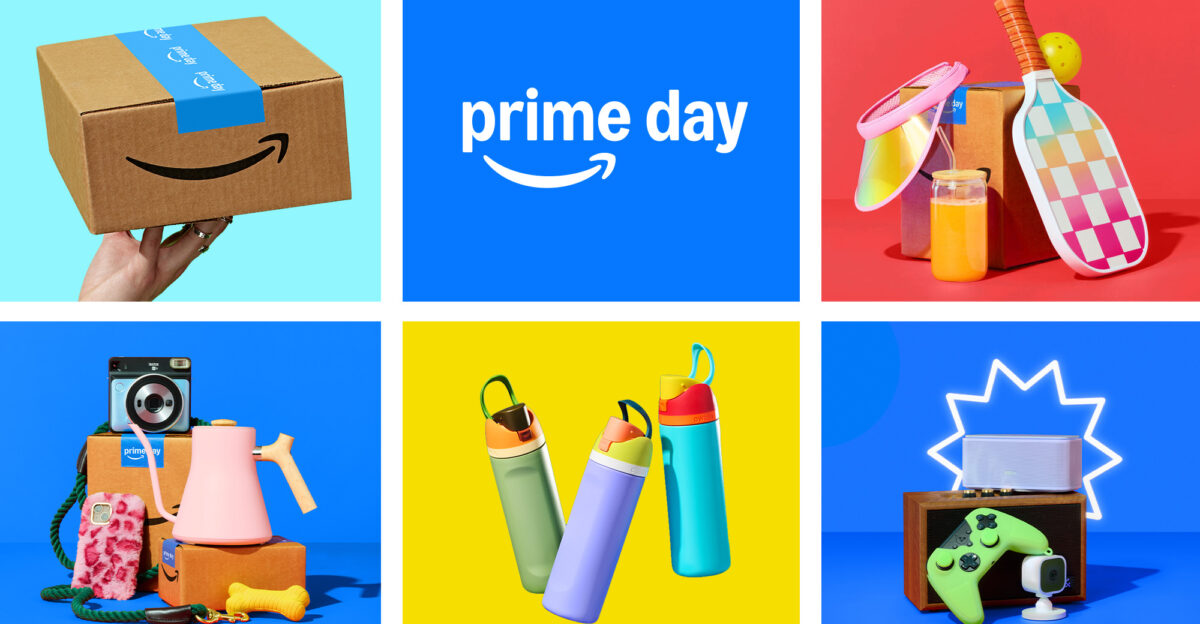
Pew Research finds younger users more likely to challenge subscription traps and join class actions. “Transparency isn’t just a concern for the old guard—it’s Generation Z’s demand,” says analyst Shira Ovide. Amazon’s trial marks a pivotal point in shaping subscription culture.
Broader Reflection

The Amazon-FTC trial crystallizes a debate over the ethics and future of digital commerce in an age of recurring charges and complex user interfaces. The results will affect tech, policy, and daily life for millions—and may change what fairness means online.